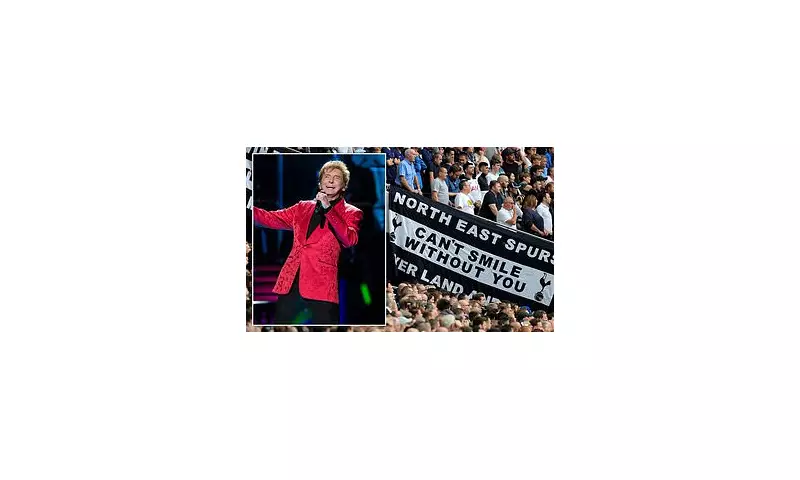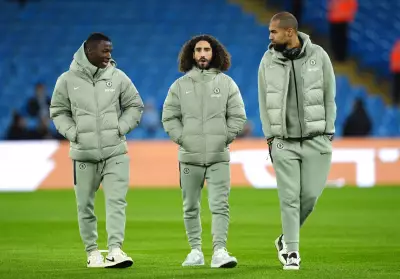
Tottenham Hotspur Football Club is reportedly facing a legal challenge from one of the songwriters behind the classic hit 'Can't Smile Without You' over its long-standing use as a pre-match anthem at the club's stadium.
The Origins of a Football Anthem
The song was originally penned in the 1970s by writers David Martin, Christian Arnold, and Geoff Morrow. Martin first released it as a single in 1975, but it was Barry Manilow's 1978 version that propelled the track to global fame.
Spurs fans are said to have adopted the tune in the late 1970s, with stories suggesting the players themselves sang it on away trips. The tradition has continued for decades, with the club now officially playing the track before home matches. Supporters passionately join in, famously inserting the word 'Tottenham' at key moments in the lyrics.
A Rival's Royalty Claim
The dispute has arisen with one of the song's creators, Geoff Morrow, who is a known supporter of Tottenham's arch-rivals, Arsenal. Morrow has publicly claimed that the Premier League club has rejected his request for royalties for their use of the song.
'I hoped that Spurs would be willing to sit down and meet with me to discuss this but they haven't been interested,' Morrow told the Sun. 'When we wrote the song, we never imagined it would become a football anthem. It was written as a love song. What is really frustrating is Spurs won't accept they are using our song.'
According to the report, Tottenham declined to comment on the matter, with the club's position being that the songwriter's claim holds no legal basis under existing licence rules.
Timing and Wider Context
The claim emerges just days before the highly anticipated North London Derby, where league leaders Arsenal are set to host Tottenham at the Emirates Stadium this weekend.
The song's integration into the club's identity is deep-rooted. Beyond the fan chants, 'Can't Smile Without You' has featured on supporter banners. Notably, during the Covid-19 pandemic when matches were played behind closed doors, the club covered empty seats with a large banner displaying the song's lyrics.
This legal pressure adds a new chapter to the song's unexpected journey from a heartfelt love ballad to a contentious football terrace classic.




